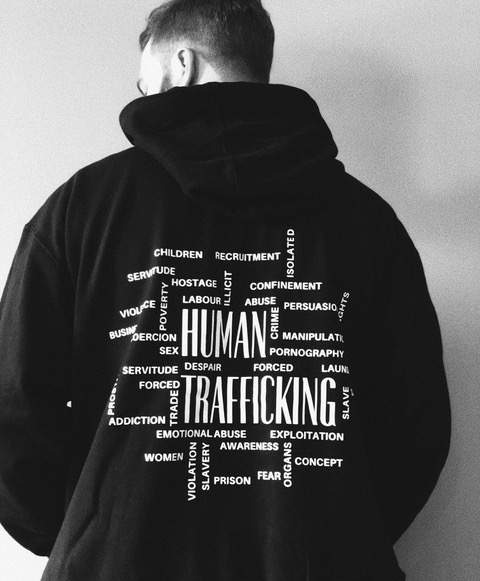
Post by: Luke Isbell
To most people, it is invisible. It’s rarely discussed, pondered, or investigated by the average person. Human trafficking stands as one of the greatest evils faced by our generation, and, to most individuals, it simply doesn’t exist.
True, certain organizations, like the International Justice Mission (IJM), have done a phenomenal job fighting human trafficking and raising awareness about the crisis. When exposed to the atrocious horrors of sex and labor trafficking, individuals feel angered—righteously angered by the evil that is human trafficking.
After leaving the conference, meeting, or discussion, however, many people simply live there lives exactly as they did before hearing about this great evil. What was intended to be an action item becomes a point of casual conversation with similarly educated peers. Cries for action fall on seemingly deaf ears, but truly—what can be done? What can the normal individual do to combat human trafficking? Knowledge should beget action. How shall we act?
Reading report after report on human trafficking in Europe, I have had ample opportunity to ponder this very question for hours on end. Devastating reports accounting atrocity after atrocity continue on and on—describing ill-equipped police forces, ill-equipped governments, and ill-equipped citizens raging in this battle against human trafficking.
Rivers usually grow widest right before they empty into an ocean. While apparently an irrelevant tangent, consider for a moment: does not every river begin as a wandering stream through the crannies of a mountain rock? If you hope to stop a river, you need to dam it earlier rather than later.
We shall act by preemptively moving against human trafficking. In economics, one of the first taught principles is that demand is usually met with supply. Entrepreneurial individuals perceive a profit to be made, and they set out to make it.
To stop the river of human trafficking, the demand for humans to be trafficked must dry up. Pornography must be despised. Inherent human value should be paraded riotously in the streets of culture. Sanctity of marriage must be revered.
Nothing—truly—nothing will effect such a change like the preaching of the Gospel. Through His living Word, Christ sets people free from sin in all its forms. The desire to sin is replaced with a desire to love our Lord and love our neighbor. The demand dries up when people turn to Christ.
Indeed, there are two sides to the coin. Trusting in the power of God’s Word, we share the good news of Christ’s coming. Too, efforts in the legal and political spheres do make an impact in the fight against human trafficking. We certainly should not forsake one while pursuing the other.
Long-lasting, sustainable change, though, comes by the hearts and minds of sinful people being radically transformed by the power of Christ’s love. While advocating on every human front, let us continually advocate before the Father for Him to effect revival in the hearts of the men and women of this world.
This post was written by a Center for Global Justice Student Staff member. The views expressed in this post do not necessarily reflect those of Regent University, Regent Law School, or the Center for Global Justice.

